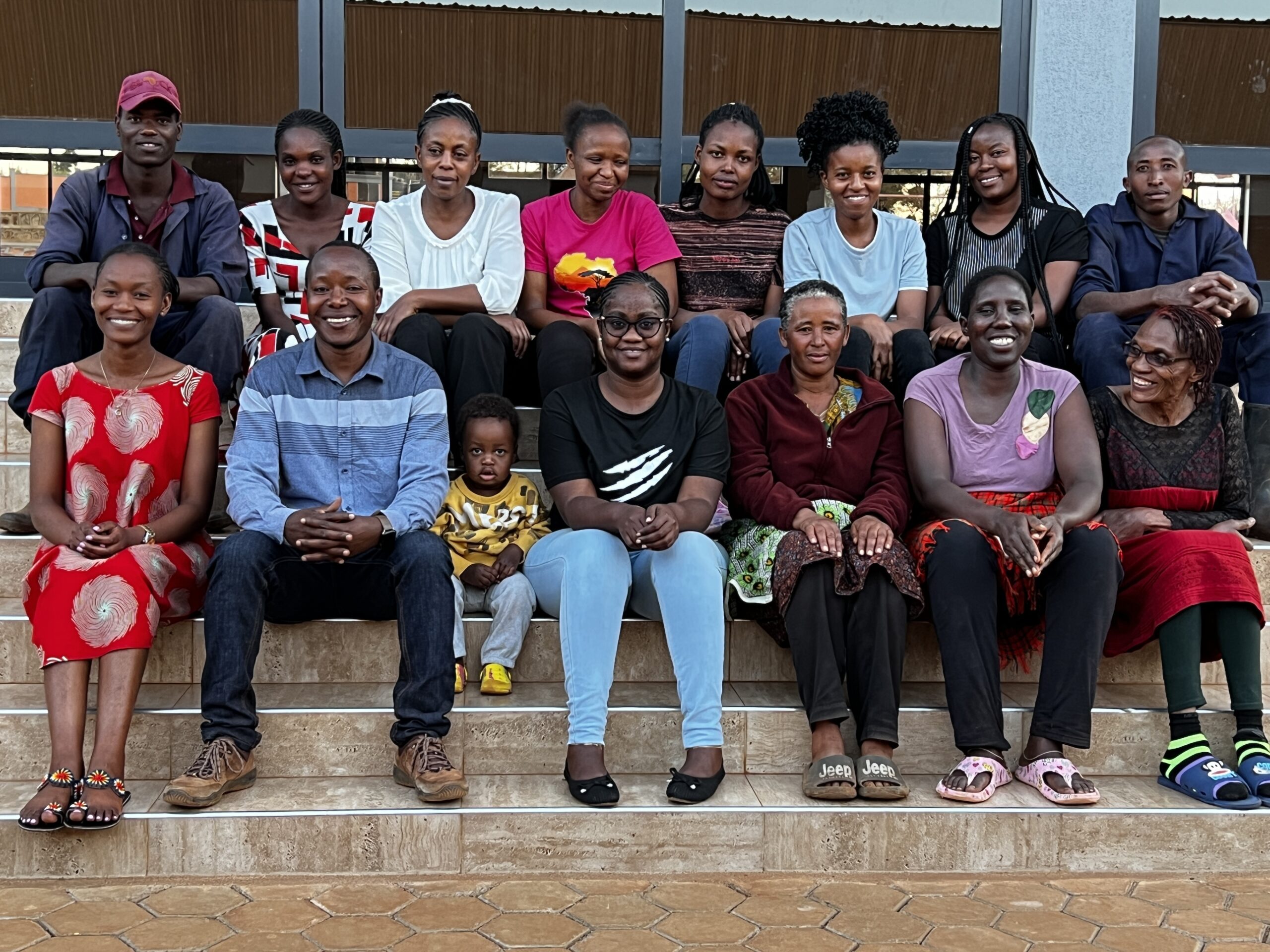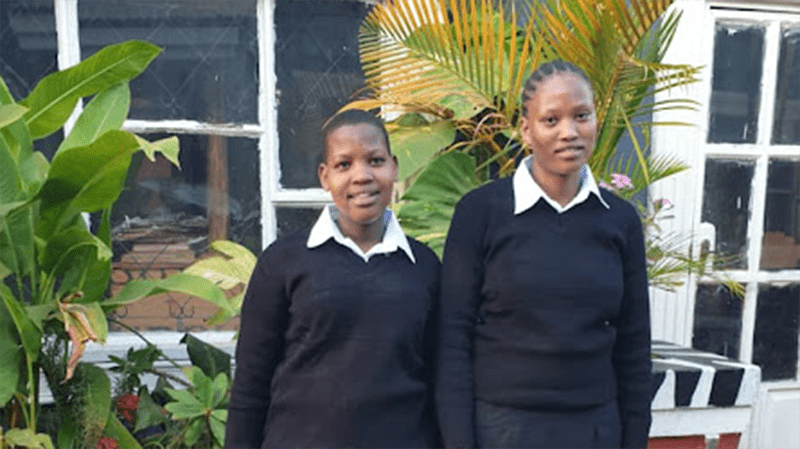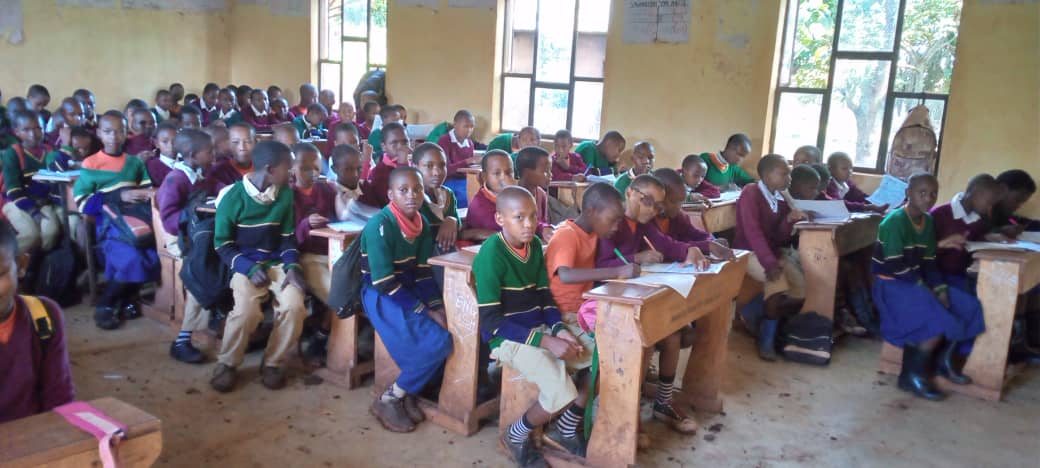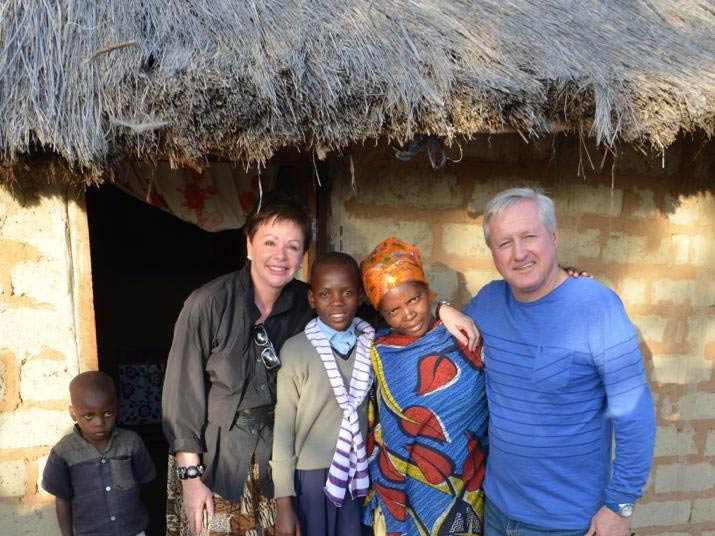Empowerment that transforms lives
Maasai Girls Rescue Center (MGRC) began with one man rescuing one girl in Africa. However, he had no intention of creating a conventional African charity solely focused on rescuing more Maasai girls.
Instead, our vision is so much bolder: to disrupt the chain of poverty and replace it with a proven pathway to achieving financial independence.
A random act of kindness evolved into the creation of an entrepreneurial organization that is now led by individuals who are actively transforming our vision into reality on a daily basis.
What happens when you take an entrepreneurial approach to charity?
An entrepreneur identifies immediate needs and envisions long-term potential. They develop a business plan and establish a local organization to achieve it.
The immediate need: Rescue the most at-risk Maasai girls, providing them with food, shelter, medical care, and a nurturing environment.
The long term: Build a sustainable social enterprise that empowers girls to break the cycle of poverty and become financially independent.
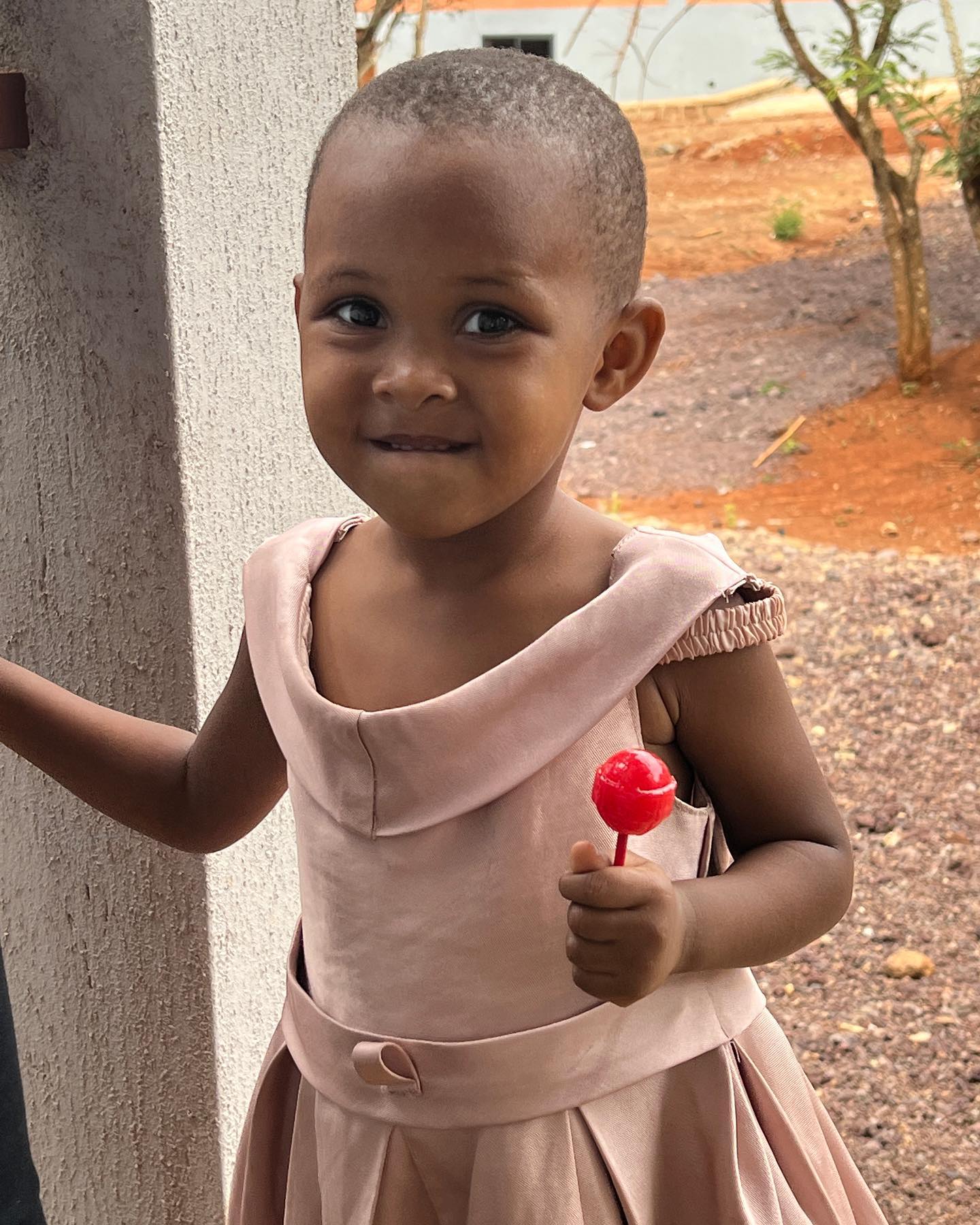
Our local entrepreneurial team operates based on these four tenets:
- We have a vision to give African girls and the larger Maasai community a real opportunity at lasting change.
- We have an innovative entrepreneurial plan that will facilitate that change.
- We monitor key performance indicators to ensure progress and make adjustments as needed. KPIs measured monthly:
- Academic performance
- Emotional, spiritual and physical wellness
- Skills/vocational training
- Farm production and output
- Donor and sponsor activity
- We are creating sustainable results that will solidify this change in current and future lives.
By transforming these tenets into deliberate and measurable actions, we empower Maasai girls with the necessary resources and education to become confident, financially secure, and self-sufficient women.
Changing lives, one girl at a time
The Maasai girls are rescued from far distances in Tanzania, many of whom have never attended school and some with significant medical issues. Extreme poverty, FGM, and child marriage are sadly common experiences.
Transforming MGRC residents into strong, independent women
Through generous support, MGRC residents and staff run an ecoFarm that provides nutritious meals. Instead of living in the Tanzania bush, the girls live in homes with showers and hot/cold water, supported by house mothers and trained staff. They are empowered to make choices and take responsibility for their decisions through counseling and guidance. Interested Maasai girls receive training in various occupations related to ecoLodge and ecoFarm. MGRC also collaborates with local schools and supports them. This sustainable model is what makes MGRC different!
We are not a traditional African charity.
We are in the business of developing strong, financially independent, and successful women.
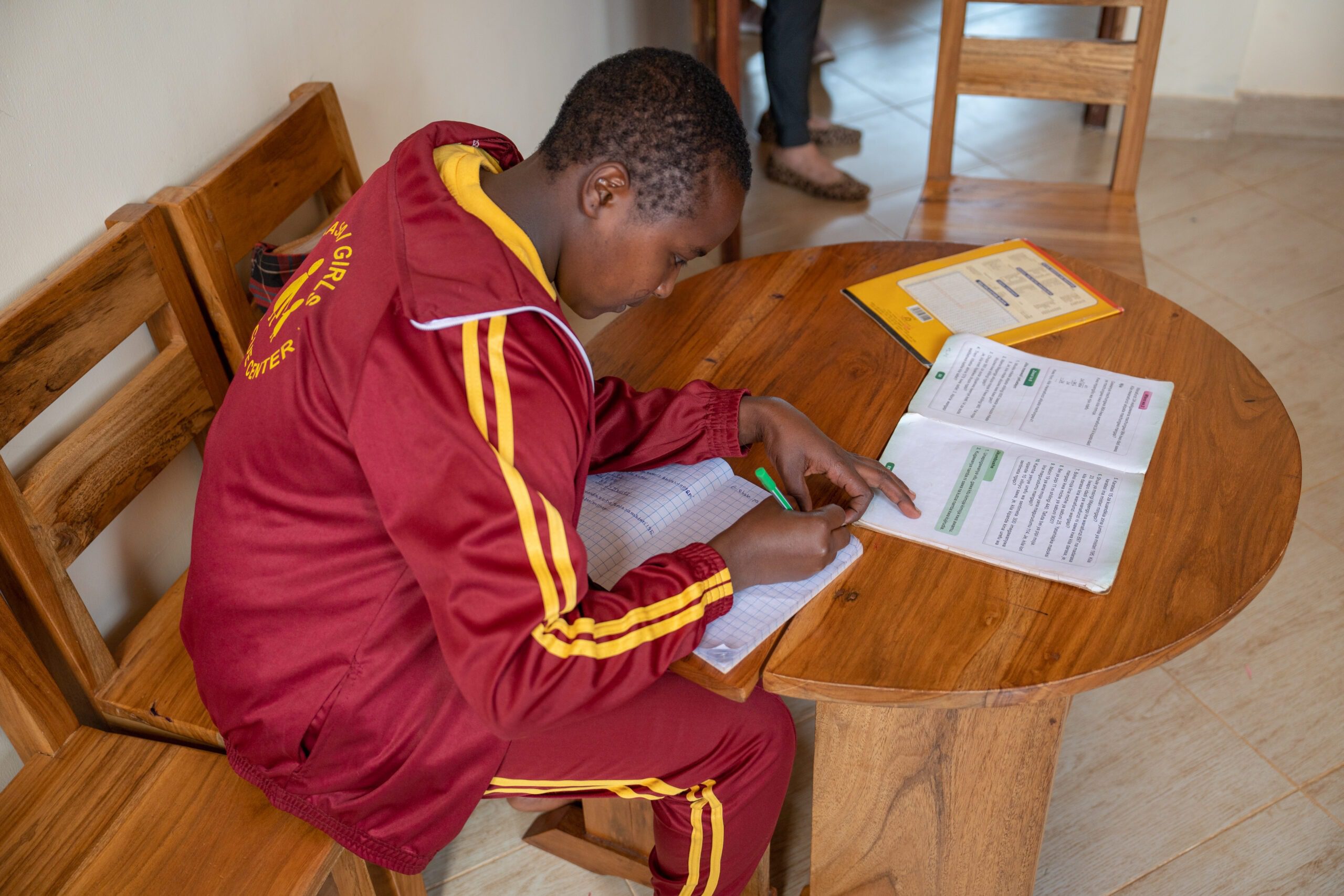
We started 2020 with six students in preschool, 24 in primary school and one in secondary school. We finished the school year with four in preschool, 45 in primary and one in secondary. 75% of our girls are in the top 25% of their class!
Our mission has grown larger to encompass all within our community.
We launched projects to fulfill MGRC’s vision of developing a sustainable community to effect long-term change. This social enterprise is unfolding now in the hills of Karatu, where a 15-acre site was purchased to build an ecoVillage.
MGRC ecoVillage consists of an ecoFarm, ecoHomes for 120 girls and their house mothers, a pre-school, a career center, dining hall, sports field and running track, livestock barns and gardens, and ecoLodges for volunteers, visitors and tourists. The ecoLodges also will provide career training, employment and commerce for the local community.
Developing local Tanzanian leaders
MGRC was started by one individual with a dream, but it has grown beyond that. With hard work, generous donors, sponsors, and dedicated locals, lasting ties with the community have been developed. Talented Tanzanians who share the same values and ideas have been invested in.
Today, the entire MGRC enterprise is managed by these Tanzanians, with Rick playing a role in providing overall direction. The day-to-day operations are managed by a capable leadership team of Tanzanians.
